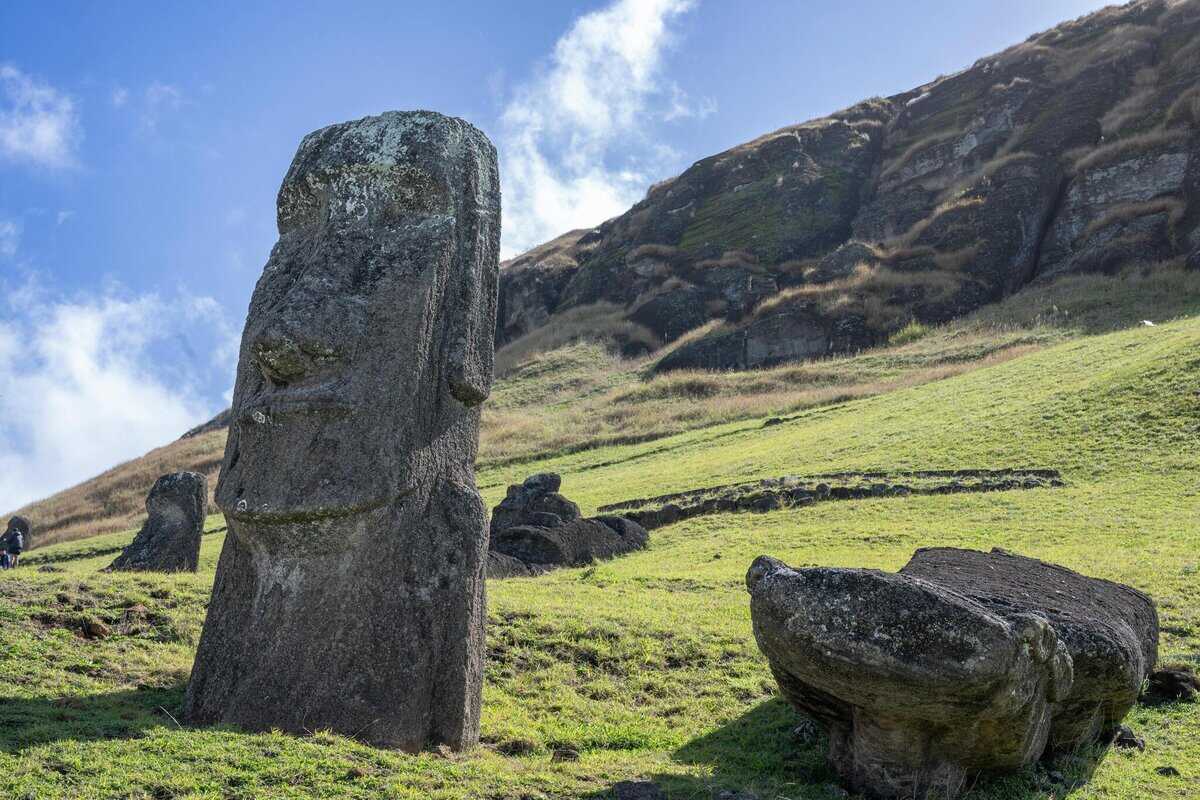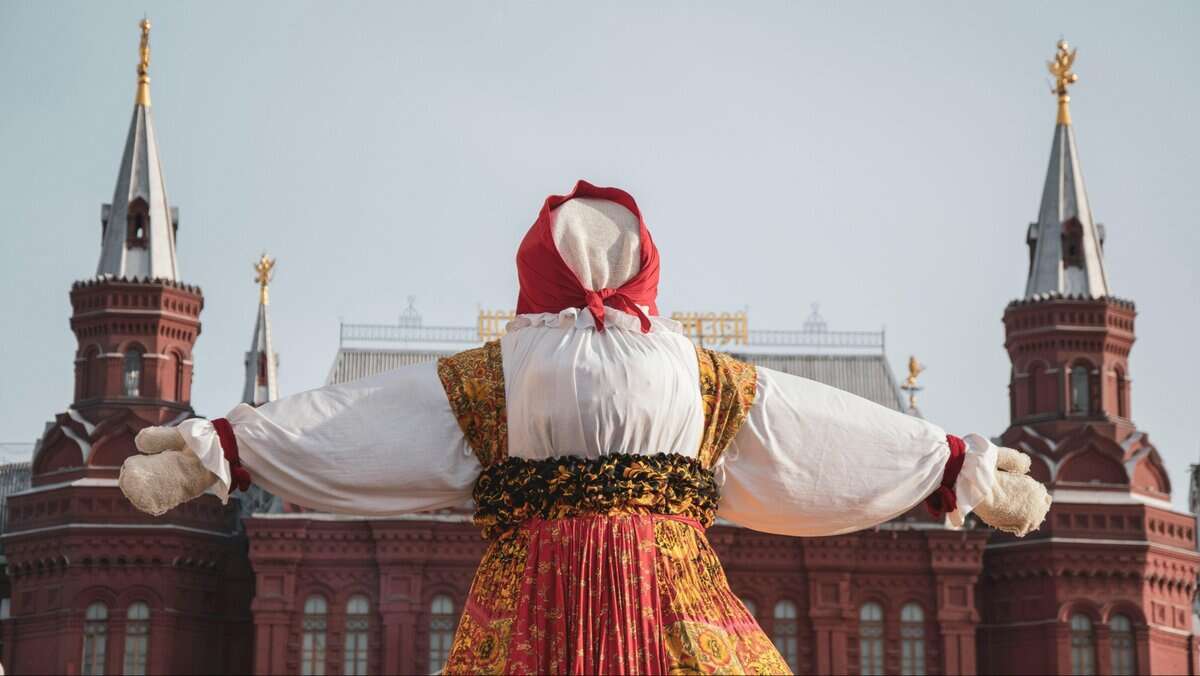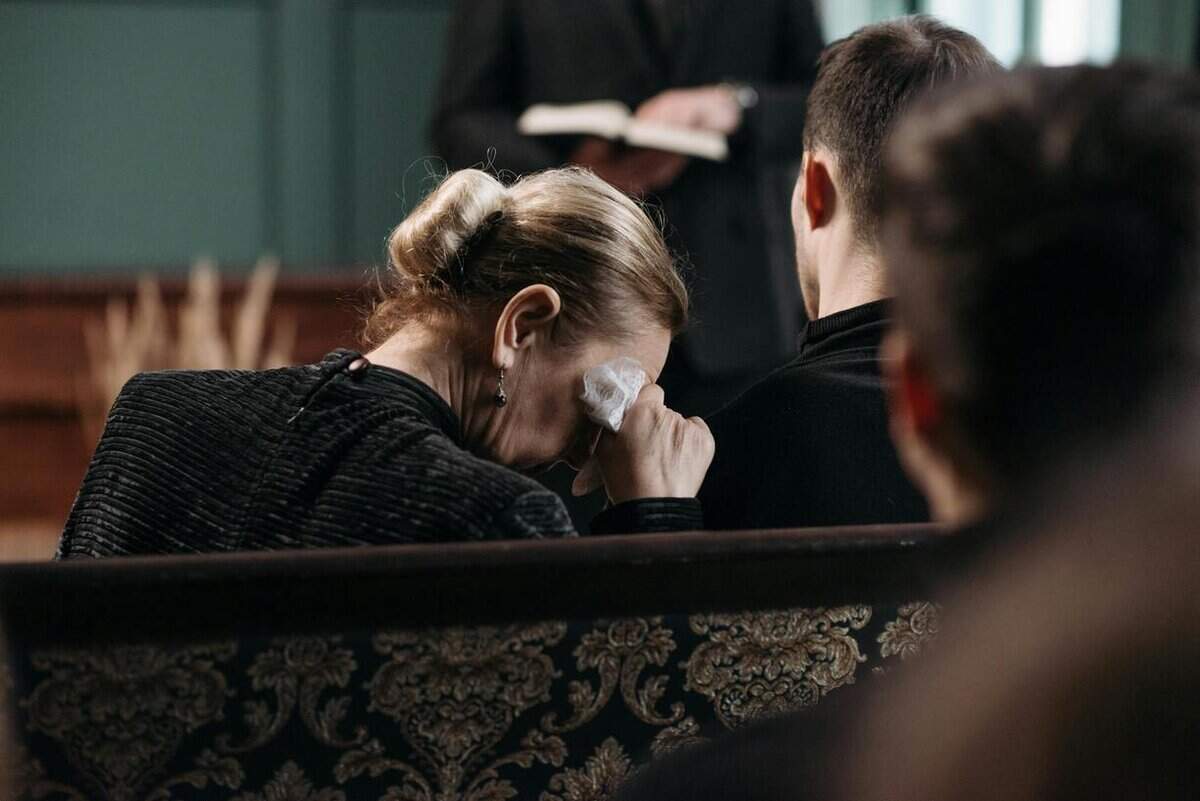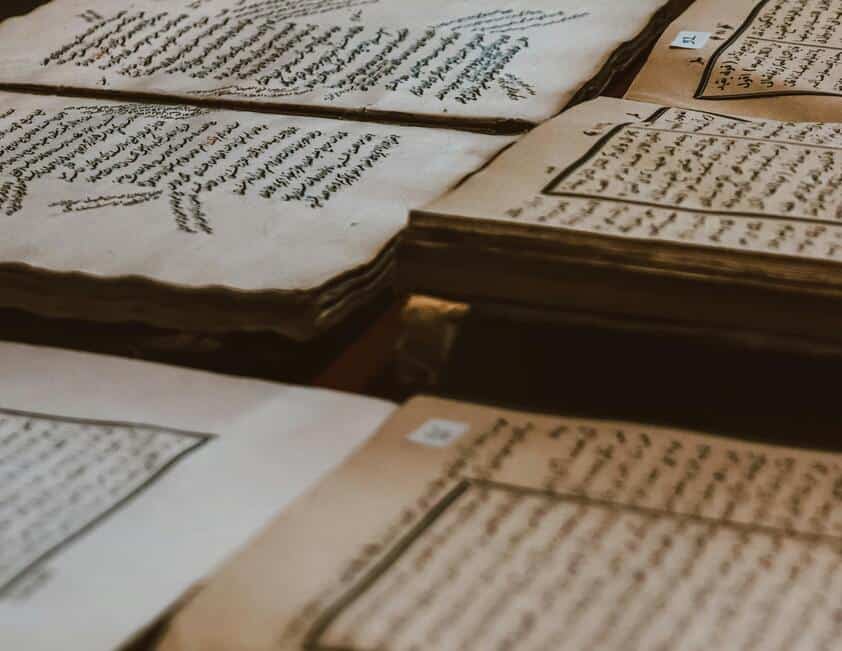Throughout history, desperate times have pushed our ancestors to make unimaginable choices.
Among these, one of the most haunting is sacrificing elders to ensure the survival of the young.
This is a practice known by different names: “ubasute” in Japan and “lapot” in the Balkans. It reveals just how severe survival struggles once were.
When resources were scarce, entire communities faced impossible decisions that tore at their core values.
The Origins of the Practice
Most historians agree that these practices date back to prehistoric times, and that they’re rooted in extreme scarcity and survival instinct.
When food and other resources ran out, at times, our ancestors had no choice but to prioritize the future of their children and the survival of the group.
Elders, who could no longer contribute, became the sacrificial figures, seen as a burden that threatened everyone else’s survival.
The act was ritualistic, carried out with a sense of duty, rather than cruelty.
Of course, it was rooted in a grim necessity, due to starvation or famine.
It exposes a brutal reality of survival where morality becomes secondary under pressure.
A Cultural Perspective
In Japan, the practice was called “ubasute.”
The story goes that during times of famine, families would carry their elders to remote forests to leave them there.
Sometimes, they would provide provisions if they had any to spare, and other times, the elders were simply left to perish.
The practice was part of the belief that elders had fulfilled their purpose.
In the Balkans, the same practice was known as “lapot,” and it went on pretty much the same.
The stories say that the oldest person in a family or community would voluntarily or involuntarily be left in the wilderness during times of extreme hardship.
Similar traditions existed in most of Europe, Greece, and across アジア.
It was a devastating choice for our ancestors to make, especially because elders were traditionally revered and cherished.
The Emotional Toll on the Community
The sacrifice of elders was emotionally devastating for everyone involved.
Elders were the keepers of tradition and wisdom; they were much more revered in the time of our ancestors, and were considered to be the pillars of their communities.
Having to abandon them was a profound loss.
This agonizing decision also speaks of the courage and responsibility of the elders who accepted this cruel fate in order to help their community survive.
Undoubtedly, this practice left scars that could last for generations.
Modern Interpretations
To this day, scholars are divided over whether these customs were real or symbolic rituals.
Some believed they were exaggerated or mythologized over time, used to explain cultural values or fears.
Others argue they were historically practiced during desperate times when famine or war ravaged communities.
Archeological evidence is scarce, making concrete conclusions difficult.
Some researchers see these stories as metaphorical, representing societal fears about aging and burden, rather than literal acts.
Either way, they serve as powerful reminders of the desperation and moral dilemmas our ancestors faced in times of crisis.
A Chance for Reflection
Looking at these traditions, it’s impossible not to feel a mix of horror and empathy.
They reveal how, under extreme conditions, moral boundaries can become blurred.
While today’s world is far removed from such desperation, these stories serve as a stark reminder of our ancestors’ resilience and the importance of compassion.
They also force us to keep in mind how fragile civilization’s moral fabric can be when pushed to its limits.
What to Take From This
Although these practices are painful to even contemplate, they challenge us to consider how we respond to crises.
No one person should be left to bear that burden alone.
By understanding these dark practices of the past, I think we can better appreciate the abundance we enjoy today and take for granted.
Our ancestors not only didn’t have access to basic necessities at times, but they had to make these incredibly traumatic choices when there was no other option.
These stories should also urge us to cherish and protect our elders, respecting their invaluable contributions.
A little Aquarius, devoted to writing and embroidery. Through my writing, I hope to empower readers to align with their true selves and navigate life’s mysteries with confidence.







